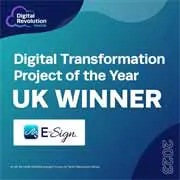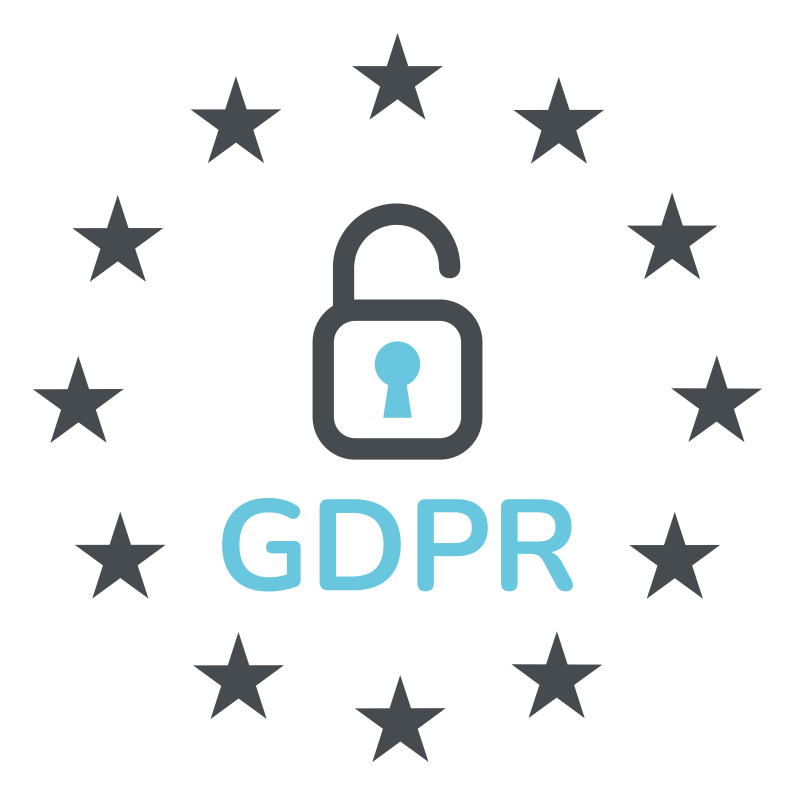Advanced eSignatures
What are advanced electronic signatures?
Advanced electronic signatures (AES) are a type of e-signature defined by the eIDAS regulation that is securely linked to a specific person using a special electronic seal. This helps confirm the signer’s identity. AES are sent through a secure electronic delivery system that provides proof and records of the signing process, in the form of audit trails. They often include a unique digital certificate to ensure authenticity.
In accordance with eIDAS, advanced electronic signatures must meet the following criteria in order to qualify:
- Correctly identify the signer
- Be specifically linked to the signer and only them
- Have been created using eSignature data that the signer has full control over and confidence that they have the sole ability to sign it
- Connected to data in a document that the signer(s) can monitor for any further changes
When should you use advanced electronic signatures?
Advanced e-signatures include additional security and identity verification measures compared to simple e-signatures, making them ideal for higher-risk document transactions involving sensitive or personal data. Businesses across many industries, such as healthcare, education, finance, and the government, utilise advanced e-signatures for their digital document workflows. The robust criteria to protect and verify e-signatures offer peace of mind to organisations and signers that their documents and data are secure and legal.
Are advanced e-signatures legally binding?
Yes, advanced electronic signatures are legally binding. If questioned or disputed, the in-depth verification process and audit trails can be referenced to support the security and authenticity of the signature.
Example use cases for AES
- Commercial contracts
- Employment contracts
- Legal documents
- Prescriptions
- Tenancy agreements














